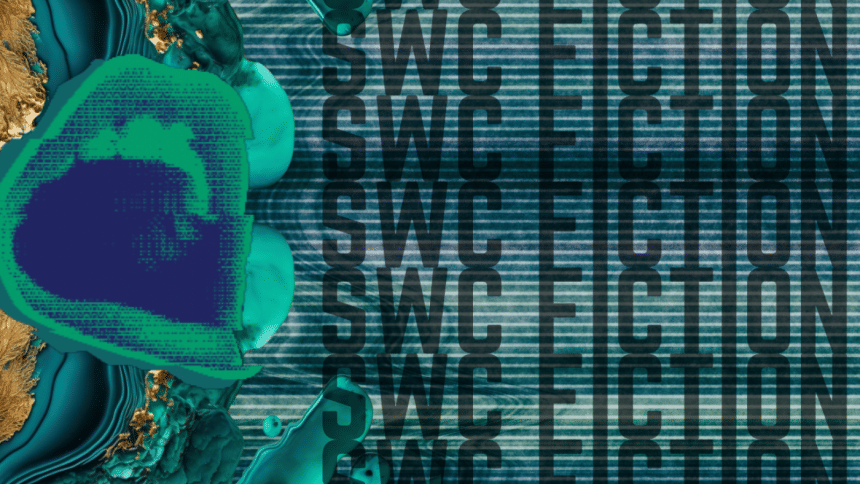Explosive speculative fiction in the latest issue of ‘Small World City’

Some of the best speculative fiction pieces I can never shake off my memory include: What It Means When A Man Falls From The Sky? (Riverhead Books, 2017) by Llesley Nnika Arimah, "Sea Oak" (The New Yorker, 1998) by George Saunders, and "The Way The End Of Days Should Be" (originally published in Harper's as "Bounty", 2014) by Diane Cook. Without exaggerating, I believe it's safe to say that the fiction pieces in Small World City's latest issue have joined the list.
In "Pantheon of flavours", we see the monologue of an ice cream maker as they take us on a brief history of societal changes from ancient Greece to the modern day reeling under anxieties surrounding climate change. The narrator says that consumers prefer to have ice cream flavours that resonate with the zeitgeist of the times—burnt flavour for the contemporary era (a reference to wildfires) and sour, fermented ice creams for millennials (a reference to their dashed longing for stable incomes and certainty).
In "Heaven MILF", it's 2166, and Dhaka is packed with flying cars and mobile capsules. Antor, a lonely guy longing for emotional companionship, is tracked down by a mysterious man who wants the rare "Heaven MILF"—a bot of sorts that can progressively expand one's life expectancy as they have sex with the bot—that is currently in Antor's possession.
"Will my baby come online?" presents a dilemma in FarFar (an expecting mother) as she ponders over whether it's optimal for her baby's health to stay connected with the online portal that the futuristic government has mandated for everyone for surveillance purposes. The online portal allows babies to have their own social media-like experiences. To FarFar, such a design hints at a recipe for disaster as the babies show signs of early addiction to the portal.
Rohan, in "The 8th House", has had traumatic childhood experiences (including a phantasmagorical out-of-body experience), which have now spilled over into his adult life. He is 27 and unemployed, drug addicted and insolent. His self-destructive behaviour catches up to him, leaving the readers in a state of uncertainty over his fate and hopes of redemption.
It would be unfair to say more about the plots and characters of these stories. That's because then the readers wouldn't get to enjoy these stories for themselves. Divulging beyond these parameters would mean giving away spoilers. What struck me the most about these stories is the firm, unflinching, and confident authorial voice sneaking up on and dictating the reader's thoughts, orienting them to feel sympathy for the characters no matter how unlikeable they are. It also offers a meditation on the irony and tragedy of consumerism, lust, emotional detachment, virtual reality, grief, and substance abuse. These themes capture part of the contemporary urban essence. The stories contain depths not only because they innovatively tackle these issues head on but also because of the smartness, the fluidity, and the economy of the language and the well-rehearsed character developments within a tight and foolproof narrative structure.
My only qualm with some of the stories would be the lack of wider exploration of the characters' circumstances. If that were done, I am certain those stories could be elevated further in their scope.
Shah Tazrian Ashrafi is a writer. His debut book (a short story collection) is forthcoming from Hachette India in 2024.

 For all latest news, follow The Daily Star's Google News channel.
For all latest news, follow The Daily Star's Google News channel. 









Comments